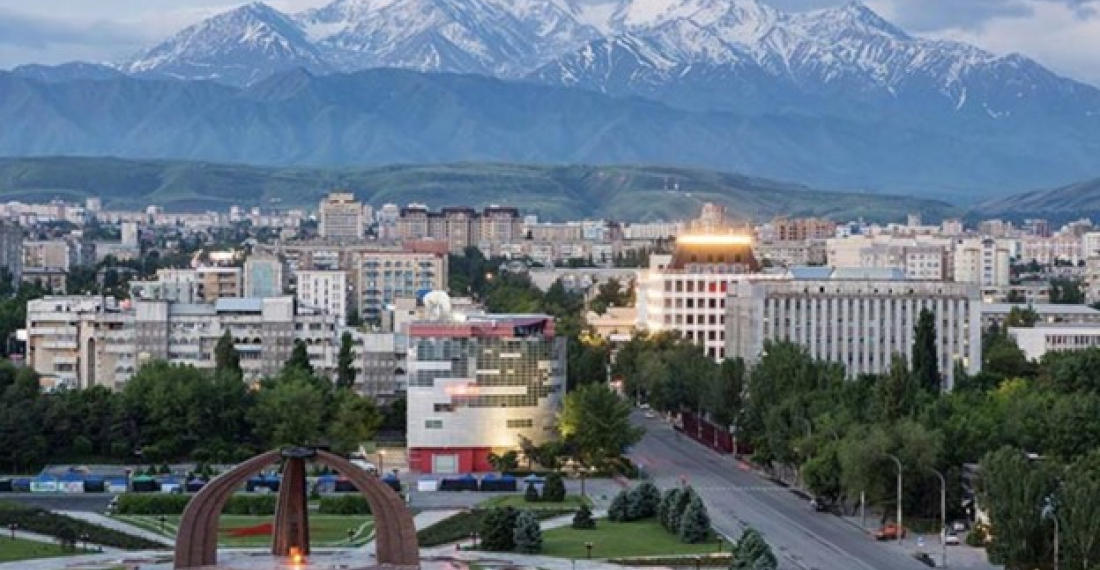Central Asian countries are trying to attract investors and young people fleeing from Russia as the conflict in Ukraine unfolds. Kyrgyzstan and Uzbekistan are setting up expedited visa processes to goad IT specialists to their country.
The Kremlin’s invasion of Ukraine shocked and angered countries globally. As a result, a number of countries imposed harsh sanctions on Russia. The business environment in Russia is now rapidly collapsing. Many, if not most international companies, are shutting down operations in the country. The deteriorating economic situation leaves many young Russians without jobs and no discernible future. Central Asian countries are attempting to capitalize on this opportunity through visa schemes that will facilitate the arrival of skilled young Russians and foreign investors, especially in the technology sector.
In Uzbekistan, the relevant immigration authorities launched an initiative to expedite the process. Officials invited eligible foreign investors to apply for a three-year visa and a streamlined residence permit procedure on the website itvisa.uz. The visas will begin to be issued on 1 April. Additionally, the Uzbek government has stated that IT companies that relocate to the country will be provided with generous tax breaks to further encourage firms to move to Uzbekistan.
To diversify Uzbekistan’s economy, the government has introduced measures and financial support in the digital sector. Late last year, minister for IT and communications Sherzod Shermatov announced an export target of $1 billion for software products and services. While an ambitious goal, IT exports reached $40 million in 2021, the government hopes an influx of investors and skilled migrants will help achieve its stated target.
Russian citizens can travel to Kyrgyzstan without a visa or a passport, only a valid Russian ID card is required. This immigration relationship is causing an exodus of IT experts in Russia to flee to Kyrgyzstan. While Bishkek has not officially announced an expedited visa process, a Kyrgyz authority told Eurasianet that they were exploring the idea. While most Russians leaving their country are moving to Armenia, Georgia, and Turkey, both Kyrgyzstan and Uzbekistan are trying to capitalize on the opportunity in a historic change of fortunes. In most cases, Central Asian workers migrate to Russia for improved working possibilities rather than the other way around.
Sources: CommonSpace.eu with Eurasianet (New York) and other media agencies
Picture: Bishkek (Getty Images)







